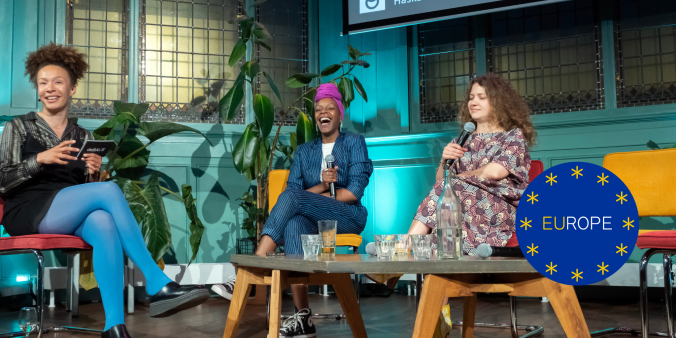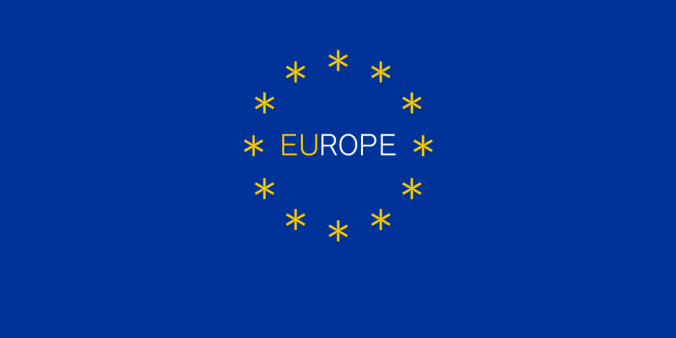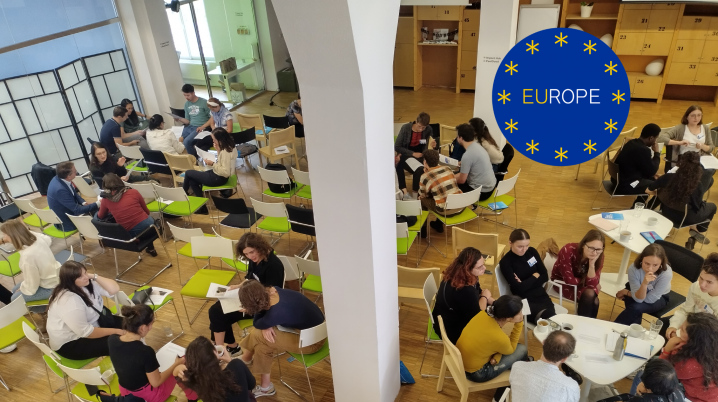
Sharing, Listening and Caring: European Values in International Cultural Policy
Mette Kramer was a research trainee within the team of DutchCulture's International Cultural Policy & Coordination as part of her master’s programme on Cultural Leadership at the University of Groningen. Her research focused on the role of European values in International Cultural Policy. This article is the first of two articles, based on her thesis. Due to the anonymity of the participants and the sensitivity of the data, only part of her thesis is added to the article.
If we take a look at the international cultural policies of the Netherlands, Austria and Denmark, a growing interest is shown in the European principles and values. The Dutch international cultural policy (ICP) plan for 2021-2024 mentioned that based on the principle of subsidiarity, we are committed to a European Agenda for Culture that does justice to common values such as human rights, diversity, tolerance and preservation of heritage; a policy that also promotes innovation and creativity.
Similarly, the Austrian Ministry of European and International Affairs stated its commitment to the “development and protection of European values and the European way of life” in 2020. In a comparable line of argumentation Denmark notes that “in light of Brexit and other recent events in Europe that are presenting serious challenges to the European sense of community, the time has come to closer co-operation and greater cohesion”. But what do these statements mean for international cultural cooperation?
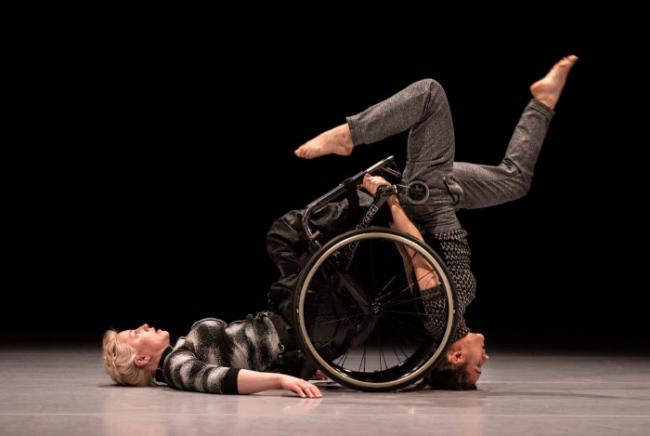
Cultural diversity
This relates to whether cultural cooperation depends on a society where these (so-called) European values are leading to or bring benefits to a society where those should be leading. From the different policies of the Netherlands, Denmark and Austria it became clear that cultural cooperation in Europe is especially focused on the notion of cultural diversity. Next to the acceptance of each other’s values during a process of cultural exchange, the emphasis is also on the creation of shared values.
Identities and cultural meanings are created through the interactions between people and cannot solely be taken for what they are. A core feature of ICP could therefore be interpreted as the construction of collective identities and understanding of diversity at the international level. However, the emphasis on the shared creation of meaning still can have assumptions about how the interactions proceed and what kind of meanings are likely to emerge.
Intercultural dialogue
The assumption can be made that artistic collaboration across borders nurtures an environment wherein experiences and discussions can take place where European values play a role. It cannot be said that artistic cooperation certainly bridges cultural divides, but there is an opportunity for culture to foster dialogue and mutual understanding. The dialogical aspects are however not only supported within the artistic experiences themselves, but also in the practice of working together with professionals from different backgrounds. European values do not necessarily need to be explicitly part of the artistic content or the discussion but are already fostered when engaging and exchanging with each other on an equal basis. European values then concern the caring about the perspectives of others and taking time to listen and learn. Intercultural dialogue may serve several purposes here, with the overriding objective of promoting full respect for human rights, democracy and the rule of law.
In a white paper on intercultural dialogue launched by the Council of Europe, intercultural dialogue is defined as “a powerful instrument of mediation and reconciliation: through critical and constructive engagement across cultural fault lines, it addresses real concerns about social fragmentation and insecurity while fostering integration and social cohesion”. The paper also states that cultural creativity offers significant potential for enhancing the respect of others, as it allows for individual expression, critical self-reflection and mediation. In the book Art and Intercultural Dialogue, Gonçalves and Majhanovich credit art’s value to international cultural dialogue to how the “communicative intention of art comes through the sensorial, imaginary and conceptual.” They show a clear linkage to values that are intrinsic to the experience of art, as well as social functions.
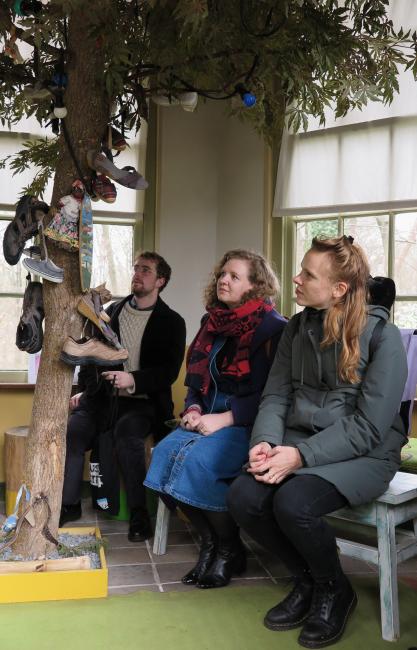
Sharing values and dialogue
My report gives further insights into the different conceptualisations and interpretations of European values, as well as their role in international cultural cooperation. It partly being the facilitator, but also the condition for international cultural cooperation, reflected in the idea of creating cultural exchanges on an equal basis. The focus should be the sharing of values, as well as the dialogical aspect: caring about the perspectives of others, taking time to listen and learn, and creating mutual understanding.
